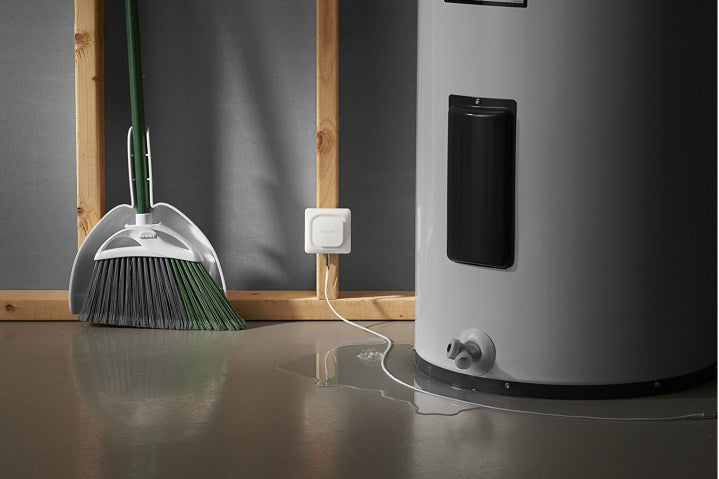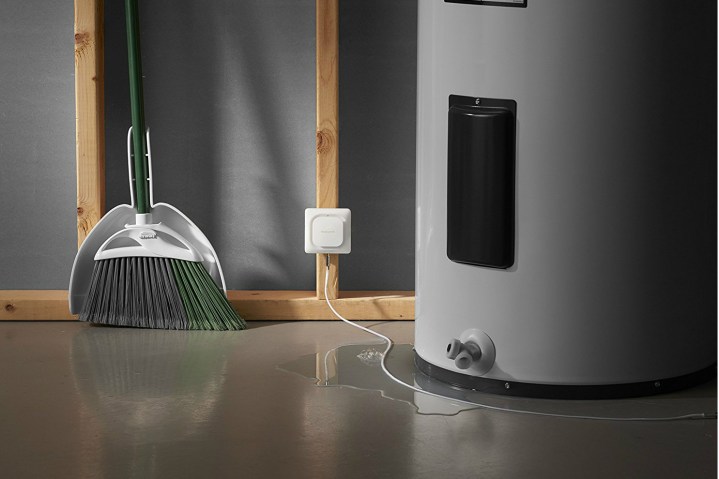
Eco Friendly Water Conservation Systems: Revolutionizing Resource Saving
Share
In an era where the demand for sustainable solutions is at its peak, eco friendly water conservation systems emerge as a beacon of hope. These systems are not just about saving water; they're about reshaping the way we interact with this vital resource. For tech professionals and enthusiasts, the intersection of technology and environmental sustainability presents a compelling challenge and an exciting opportunity.
As the world grapples with climate change, the need for innovative and efficient water conservation systems becomes more pressing. By integrating advanced technologies with traditional water-saving methods, these systems promise a more sustainable future. But what exactly are these systems, and how can they be implemented effectively?

The Role of Technology in Water Conservation
Technology plays a pivotal role in advancing water conservation efforts. From smart meters that monitor water usage in real-time to advanced filtration systems that ensure water quality, the possibilities are vast. These innovations not only enhance efficiency but also empower individuals and communities to make informed decisions about their water consumption.
For instance, IoT devices can now be integrated into home water systems, providing users with data-driven insights into their water usage patterns. This not only helps in identifying areas of excessive consumption but also offers suggestions for improvement. Such eco-water saving products can significantly reduce wastage and promote sustainable living.
Smart Irrigation Systems
One of the most promising applications of technology in water conservation is smart irrigation. These systems use sensors to determine the moisture content in the soil and adjust watering schedules accordingly. This ensures that plants receive the right amount of water, minimizing waste and promoting healthy growth.
Moreover, smart irrigation systems can be integrated with weather forecasts to optimize watering schedules further. By considering factors such as precipitation and evaporation rates, these systems can make real-time adjustments, ensuring maximum efficiency. More on these systems can be found in our article on low-water landscaping.
Implementing Eco Friendly Water Conservation Systems
While the benefits of eco friendly water conservation systems are clear, their implementation requires careful planning and consideration. For tech professionals, this means staying updated on the latest advancements and understanding how to integrate them into existing infrastructures.
One of the primary challenges is ensuring that these systems are accessible and affordable for all. This involves not only technological innovation but also policy changes and public awareness campaigns. By fostering collaboration between governments, businesses, and communities, we can create a more sustainable and water-efficient world.
Case Studies and Success Stories
Many communities worldwide have successfully implemented eco-friendly water conservation systems. For instance, cities in drought-prone regions have adopted rainwater harvesting systems, reducing their reliance on traditional water sources. These systems collect and store rainwater for later use, providing a sustainable and cost-effective solution.
In urban areas, green roofs and permeable pavements are becoming increasingly popular. These innovations not only reduce water runoff but also improve urban aesthetics and air quality. To delve deeper into these topics, explore our discussion on green roofs and their benefits.
The Future of Water Conservation
As we look towards the future, the integration of AI and machine learning in water conservation systems promises even greater efficiency and customization. These technologies can predict water usage patterns, optimize system performance, and even automate maintenance tasks.
Furthermore, the rise of blockchain technology offers exciting possibilities for transparent and secure water management. By recording water usage data on a decentralized ledger, stakeholders can ensure accountability and promote responsible consumption.
For those interested in exploring more ways to save water at home, check out these 20 tips for water conservation from Hopkins MN.
Conclusion
In conclusion, eco friendly water conservation systems are not just a trend; they are a necessity. As tech professionals, we have the tools and knowledge to drive this change and create a more sustainable future. By embracing these systems and advocating for their widespread adoption, we can ensure that future generations have access to the resources they need.

FAQ
What are eco friendly water conservation systems?
These systems utilize technology and sustainable practices to reduce water consumption and promote efficient use of resources.
How can technology aid in water conservation?
Technology provides real-time data, automates processes, and optimizes water usage through innovative solutions like smart irrigation and IoT devices.
Why is water conservation important?
Water conservation is crucial for sustainability, ensuring that we have sufficient resources for future generations and reducing the environmental impact.
